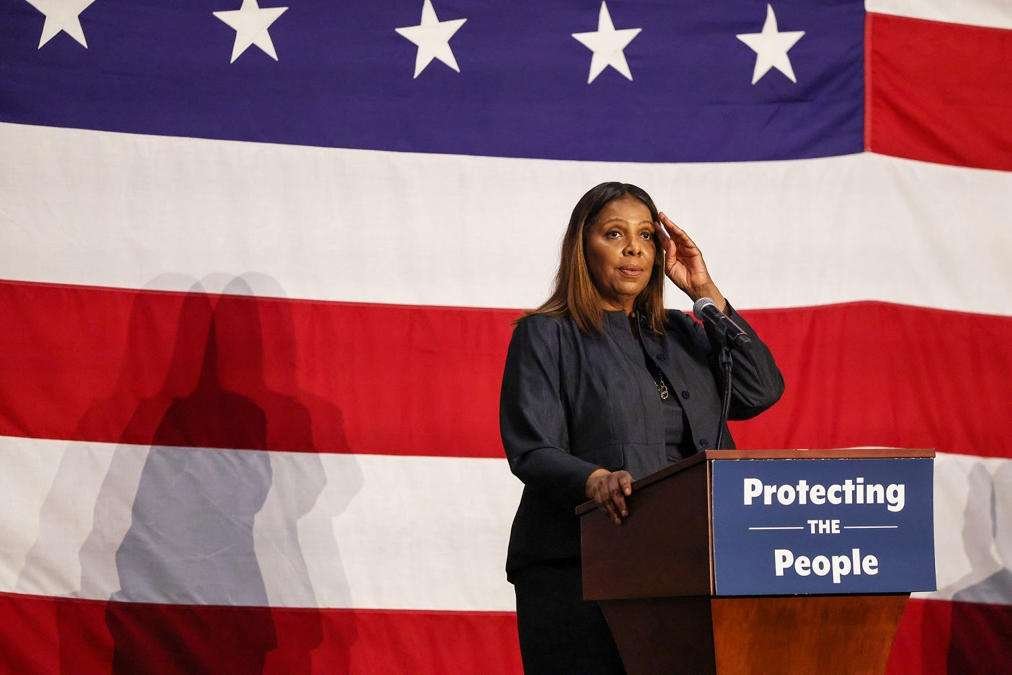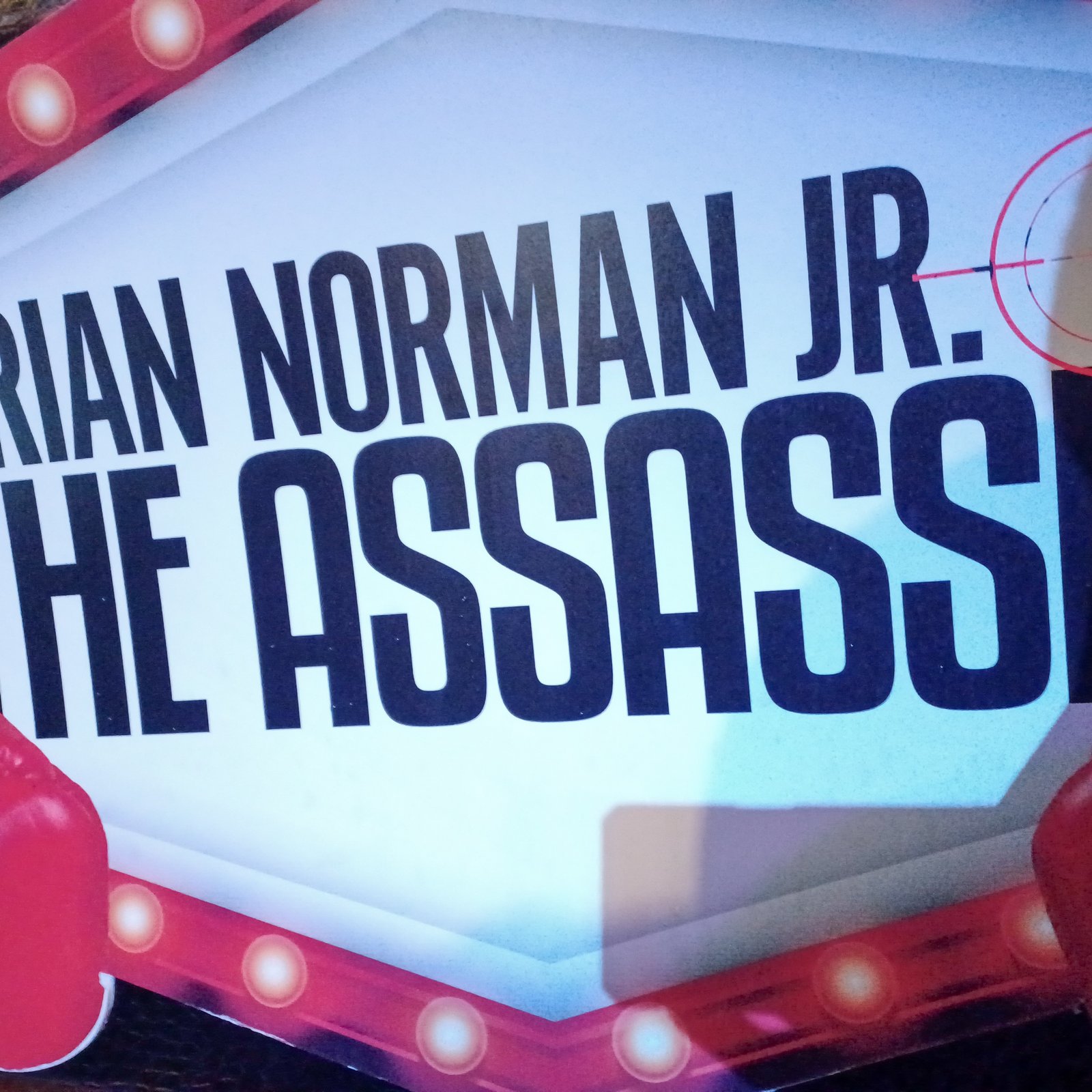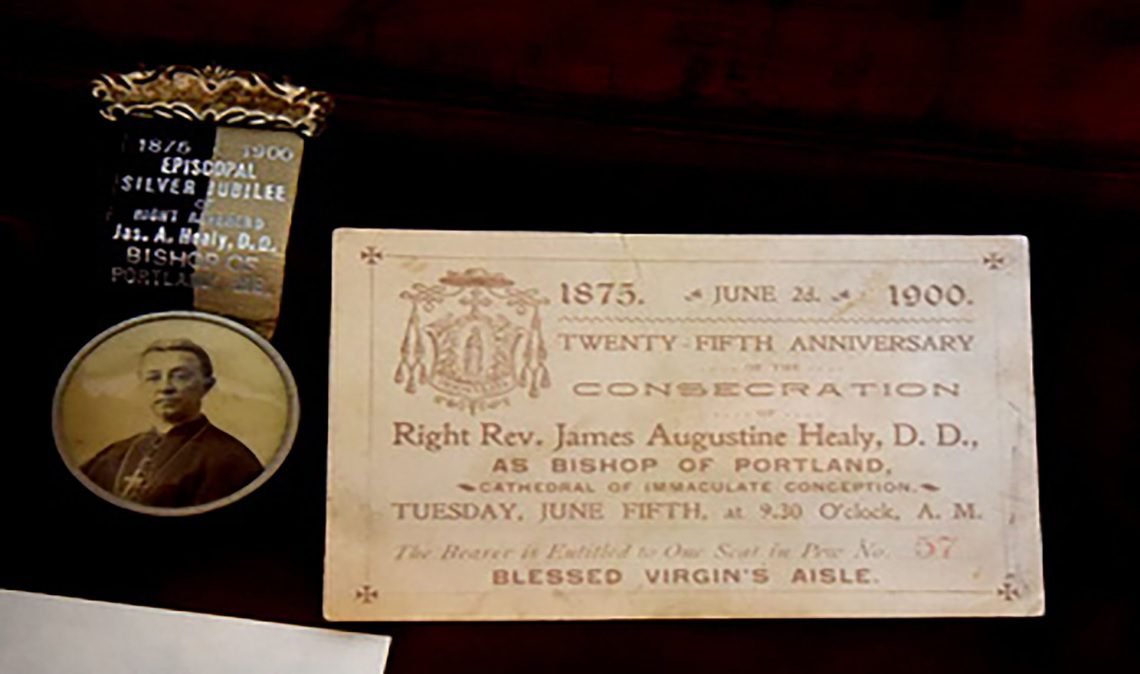By Richard Rose | July 1, 2025
In the 1950s and 60s in Memphis, Black residents still aspired to participate in city, county, and state leadership. Jim Crow rules were in place. Black consumers patronized the Black-owned Tri-State Bank of Memphis and Universal Life Insurance Company whole life policies provided cash for burials by Memphis Black-owned funeral homes. Memphis’ city owned zoo was open six days a week for white families and one day, Thursdays, for Black patrons. Attractions at the fairgrounds included a roller coaster, merry-go-round and bumper cars, also open for business seven days per week, but Tuesdays were reserved for “Negroes.” There was an exclusive gated community in the center city with an adjacent golf course where only Black men and women in domestic uniforms were tolerated.
I write this because there is a relatively young Black man in Atlanta who proclaims himself a “conservative Republican” who professed to not know of these circumstances, although he also is a Memphis native. As a nine-year-old, it was my request to my mother to go to the zoo ‘one weekend” that revealed to me the depths of white supremacist laws, policies, and practices. As I related my reaction as my mother explained the injustice, his facial expression helped me understand his allegiance to the GOP. He claimed to be unaware of the rules of American apartheid. He has no clue about the depths of white supremacist view of non-whites. He claimed not to know that Memphis Mayor Loeb closed city pools and golf courses in the 60s rather than allow public access for all. He actually believes that in 1957, racism was no longer a barrier in America. My guess is that he has company.
Please consider supporting open, independent journalism – no contribution is too small!







